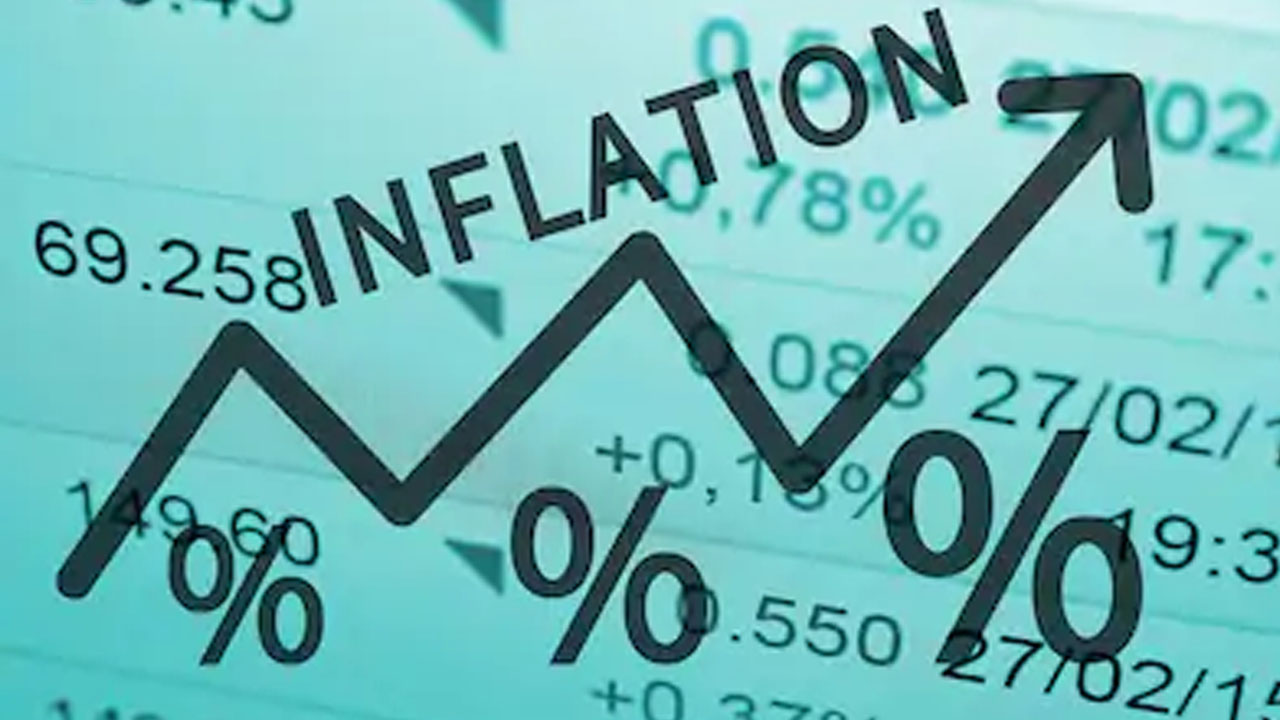
At an inflation rate of 19.64 per cent, shareholders have stressed the need for the fiscal and monetary authorities to urgently consider a comprehensive review of the economic policies and creation of intervention stimulus that will be directed to specific sectors of the economy to cushion the effect of the nation’s macro-economic challenges.
The shareholders who bemoaned the ravaging hunger, hardship and high rate of poverty in Nigeria and argued that there is a need for the two authorities to work out modalities on how to arrest factors fueling inflation in the country and make the economy more productive.
They pointed out that the harsh operating environment is currently impacting negatively on the operations of companies listed on the Nigerian Exchange Limited.
According to them, if the right steps are not taken to fix the economy, many quoted companies would delist from the exchange and consequently exit the country to establish businesses in neighbouring countries.
Recall that the inflation rate in Nigeria climbed to a 17-year high of 19.64 per cent in July, from 18.6 per cent in the previous month. The rate is the highest recorded since September 2005.
Analysts have stated that the economy is suffering from stagflation amid rising inflation, slow growth, rising unemployment, and a high foreign exchange (forex) rate.
They also warned that the current quarter (Q3) will be worse if urgent steps are not taken by monetary and fiscal authorities to support economic activities in the areas of investments in critical infrastructure – health, railway, roads as well as giving stimulus packages to ailing sectors.
Specifically, the National Co-coordinator of the Independent Shareholders Association of Nigeria (ISAN), Anthony Omojola, in a statement argued that because the country is yet to attain a level of food sufficiency, government should create palliatives and tax relief for companies in the manufacturing sector and a temporal unbanning of importation of certain vital food items in Nigeria.
According to him, the federal government would be deceiving itself if it fails to acknowledge the economic poverty ravaging Nigeria across the board, occasioned by the Russian-Ukraine war as well as the rising insurgency and insecurity in Nigeria.
Omojola also pointed out that there are duplications of charges in some sectors of the economy while others suffer multiple taxations.
He said: “The situation is worsened by the current food, fuel and even education crisis. FG has to un-ban those food products that are essential so that this would be food sufficiency. Bread for instance is going out of reach in Nigeria as a result of wheat shortages.
“That is why we are saying there should be a comprehensive review of the economy so that we can weigh the needed changes and their impacts on the overall economy,” he said.
President of the New Dimension Shareholders Association, Patrick Ajudua, said there is a need to bridge the gap between the monetary and fiscal policy.
“Monetary policy should be tailored in such a way to complement fiscal policy and avoid being insensitive to prevailing economic challenges.
“It must be tailored to tackling the effect of interest rates, thereby helping firms to cut down on the cost of production, stimulate growth in manufacturing sectors and reduce product costs which will make it affordable to consumers.



